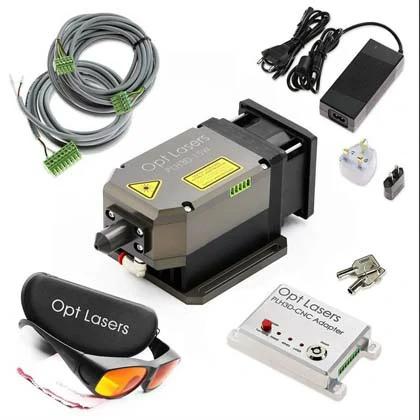The Impact of Intelligent Automated Production on the CNC Machining Industry
Introduction
In recent years, the integration of artificial intelligence and automation technology has revolutionized various industries, including CNC machining. Intelligent automated production systems have had a significant impact on the CNC machining industry, transforming traditional manufacturing processes and increasing efficiency. This article will explore the various ways in which intelligent automation has influenced the CNC machining industry.
Increased Efficiency and Precision
One of the most noticeable effects of intelligent automated production in the CNC machining industry is the significant increase in efficiency and precision. Traditionally, CNC machines required human operators to manually input commands and monitor the machining process. However, with intelligent automation, these tasks can now be performed by AI-powered systems. These systems can analyze complex data, make real-time adjustments, and optimize machining parameters for optimum performance. As a result, CNC machines equipped with intelligent automation can operate at higher speeds and produce parts with unparalleled precision. This not only reduces production time but also minimizes errors and rejects, leading to improved overall productivity.
Enhanced Flexibility and Adaptability
Another noteworthy impact of intelligent automated production on the CNC machining industry is the enhanced flexibility and adaptability it offers. Traditional CNC machines were designed to perform a specific set of tasks and required manual reprogramming or recalibration for any changes. However, intelligent automation has made it possible for CNC machines to be more flexible and adaptable to varying production needs. AI algorithms can quickly readjust machine settings based on different design specifications, allowing for seamless transition between different product lines or customizations. This flexibility not only improves production efficiency but also enables CNC machining companies to respond swiftly to changing market demands and customer requirements.
Improved Safety and Work Environment
Intelligent automated production has also brought about notable improvements in safety and the working environment within the CNC machining industry. In the past, human operators were required to handle heavy machinery and potentially hazardous materials, which posed significant safety risks. However, with the introduction of intelligent automation, many of these tasks can now be carried out by robotic systems. These robots are equipped with advanced sensors and safety protocols, minimizing the risk of accidents and injuries. Additionally, AI-powered monitoring systems can continuously assess and detect anomalies in the machining process, promptly alerting operators to potential hazards. This not only ensures a safer work environment but also allows operators to focus on more intricate or complex tasks, further improving overall productivity.
Conclusion
In conclusion, the impact of intelligent automated production on the CNC machining industry cannot be understated. It has revolutionized traditional manufacturing processes by increasing efficiency, precision, flexibility, adaptability, and safety. As technology continues to advance, we can expect further innovations and improvements in the integration of intelligent automation in CNC machining, leading to even higher levels of productivity and quality in the industry.
.webp)
